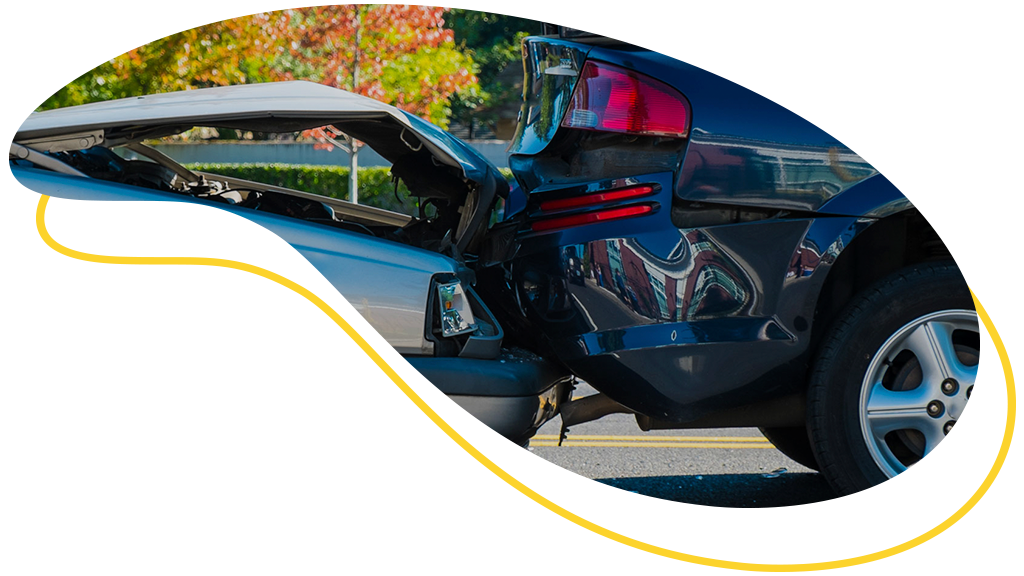Learn More
x





You have been saving up for a while, scouted different areas, checked public school system ratings, mapped out potential commute routes, and attended dozens of open houses in order to finally make an offer to purchase your very own house.
As you await the next step in your journey towards homeownership, here are a few things you should consider when purchasing homeowners insurance for your property:
First things first: homeowners insurance is typically required by mortgage lenders when you purchase a home since they want to protect their investment in case misfortune strikes.
Take a homeowners course, such as Freddie Mac’s CreditSmart Steps to Homeownership, in order to familiarize yourself with all relevant financial terminology and the different conditions and terms that may apply to your mortgage so that you are confident in all the decisions you make.
This will also help you understand how your homeowner (hazard) insurance premium may be calculated into your monthly mortgage payment, why it changes, and how your escrow account works.
Very similarly to your credit score, your insurance score can have a meaningful impact on your policy premium or even whether certain carriers will agree to insure you.
Problems such as high credit card balances, defaulting on debt, tax liens, or have filed for bankruptcy lower your insurance score and will, therefore, limit your options and likely increase your premium because you are considered a higher risk.
As well as whether you will be living on the property, renting to others, or both.
An accurate homeowners insurance quote should reflect the type of dwelling as well as its use.
For example, condo insurance will probably be more appropriate specifically for a condo (which means you will not be paying for extraneous homeowners insurance coverages) while you may need to consider landlord insurance if you plan on leasing your property.
Online homeowners insurance calculators may provide what initially seem like straightforward quotes, but given how critical this kind of insurance coverage is speaking with a well-informed agent will result in options that are more applicable to your circumstances.
More unorthodox scenarios such as a multi-family property where you will be both a resident and a landlord and which includes commercial space on the ground floor (e.g. a hair salon) will require special attention so that you have your bases covered, from dwelling coverage to personal liability.
Generally speaking, insurance companies consider properties occupied by the owner to be a lower risk since the owner is more likely to maintain the property properly than a tenant.
Older houses are more likely to need repairs for various issues, which means your premium will be higher.
If you are looking for an investment property where remodeling will provide you with equity consider what kind of upgrades you are facing.
Structural problems, like a cracked foundation or an old roof, are problems that require a significant investment to repair.
A homeowners insurance estimate will take into account the condition of your property so make sure you know what you are signing up for and update your insurance agent regarding any and all changes to your property in order to guarantee you will remain adequately protected.
To that end, if you plan on extensive renovations which will require you to leave your home vacant for a time after you buy it, communicate with your insurance agent to confirm whether your policy covers it.
Certain companies will only do so if they have been notified of the vacancy in advance while others may charge a higher premium during that time or require you to buy a vacancy permit, which is a policy amendment that ensures your property will continue to be insured while it is empty.
Check specific neighborhoods you are interested in to identify factors such as whether they are in a flood zone or how close the nearest professional fire department is located.
Different types of risk are major considerations in determining your insurance rates so, for example, being in a flood zone may push the price of your premium upwards due to potential water damage.
Conversely, proximity to a fire department will lower the amount you charged because the response time in case of fire is small which, in turn, means you are less exposed to fire damage.
Other than geographical risks such as the above, your zip code can affect your premium in other ways as well: an area that is known to have a higher crime rate will come with higher premiums whereas a condo in a gated community will mean lower premiums.
Regardless of specifics to your new neighborhood, installing a home security system can earn you a protective device discount on your policy while also reducing your exposure to burglary as well as a variety of accidents.
If you own a car, keep in mind that the area you live in will affect your auto insurance premiums as well.
Make sure you provide very comprehensive information to your insurance agent regarding who will be living in the house ranging from members of your family to our-legged companions!
Certain dog breeds, for example, like Pit Bulls, German Shepherds, Rottweilers, and others may not be covered by all insurance companies or may contribute to slightly higher premiums intended to cover legal and medical costs associated with any unfortunate incidents such your dog biting or attacking another person.
Certain companies are stricter about refusing to insure particular breeds whereas others may go on a case-by-case basis or require that you take classes to rectify problematic behaviors.
In the same vein, keep your insurance agent in the know about any equipment you own or are planning to buy, ranging from an electric bike to a trampoline or swing set.
Given the risks associated with such items, failing to disclose them may be considered material misrepresentation which may not only result in your insurance company denying claims (even if they are unrelated to this equipment) but also in the cancellation of your homeowners insurance policy altogether.
Understandably, such a development can cascade into considerable financial hardship since it will make it harder to get new insurance.
If you are considering a property that has a swimming pool, take a moment to consider how that tempting feature will affect your homeowners insurance estimate and premium.
Pools are typically considered “other structures” and most insurance providers will increase liability coverage to protect you in case someone is injured while using your pool.
Keep in mind that pools can pose a hazard for young children in particular, whether your own or your neighbor’s, who may be drawn to your yard to explore the pool even if you are not home.
The most effective way to prevent tragedies like accidental drowning is by having a fence installed around your pool.
You can also make sure it is covered in the winter and employ additional measures like a pool alarm.
Our team at BRZ is here to help you zero in on the most comprehensive homeowners insurance in Massachusetts that fits your budget and lifestyle and provides you with peace of mind.
Here’s to many happy memories in your new home!
Learn More

With winter just around the corner, we have compiled a list of preventative measures you can take now to ensure your house is prepared for the cold ahead.

About one in eight drivers do not have uninsured driver coverage and end up having to pay for all the damages of an accident with their own pocket. How to avoid having this cost in advance?

We are an insurance company made by people for people. A community that speaks tyour language, with people who care about your future! Here you can find all the protection and care that a home offers. Come and join us!
Get a Quote

Need help? Chat with BRZ!
x